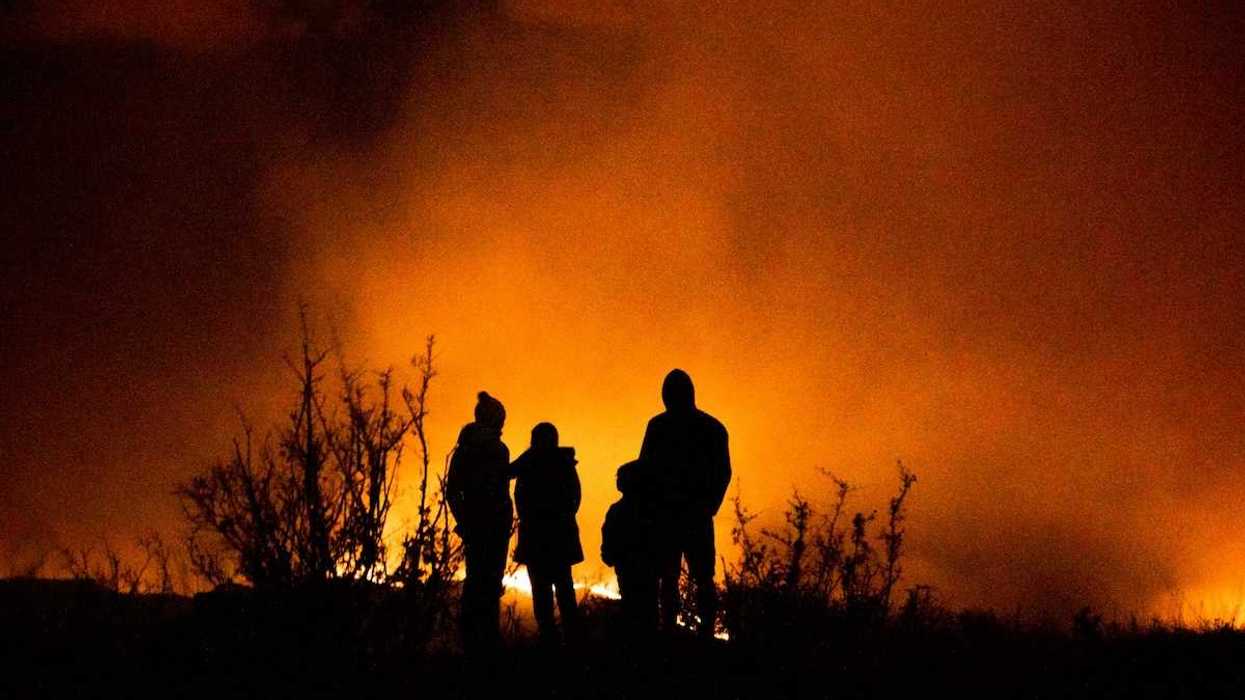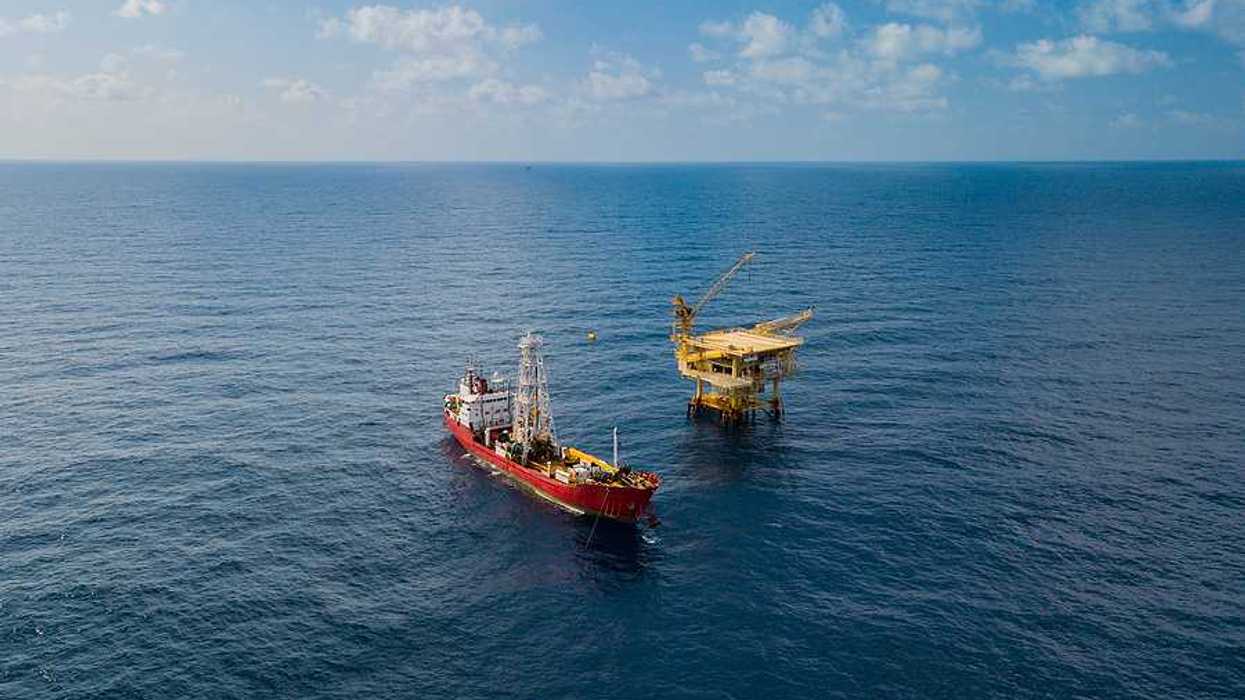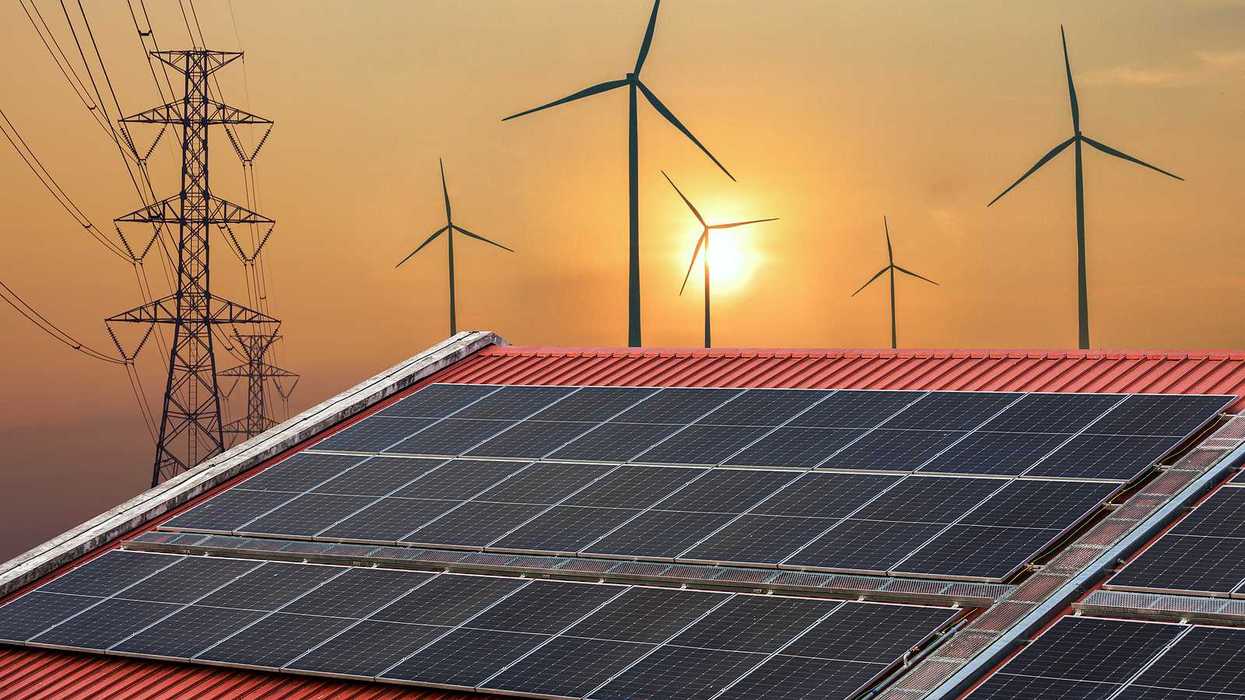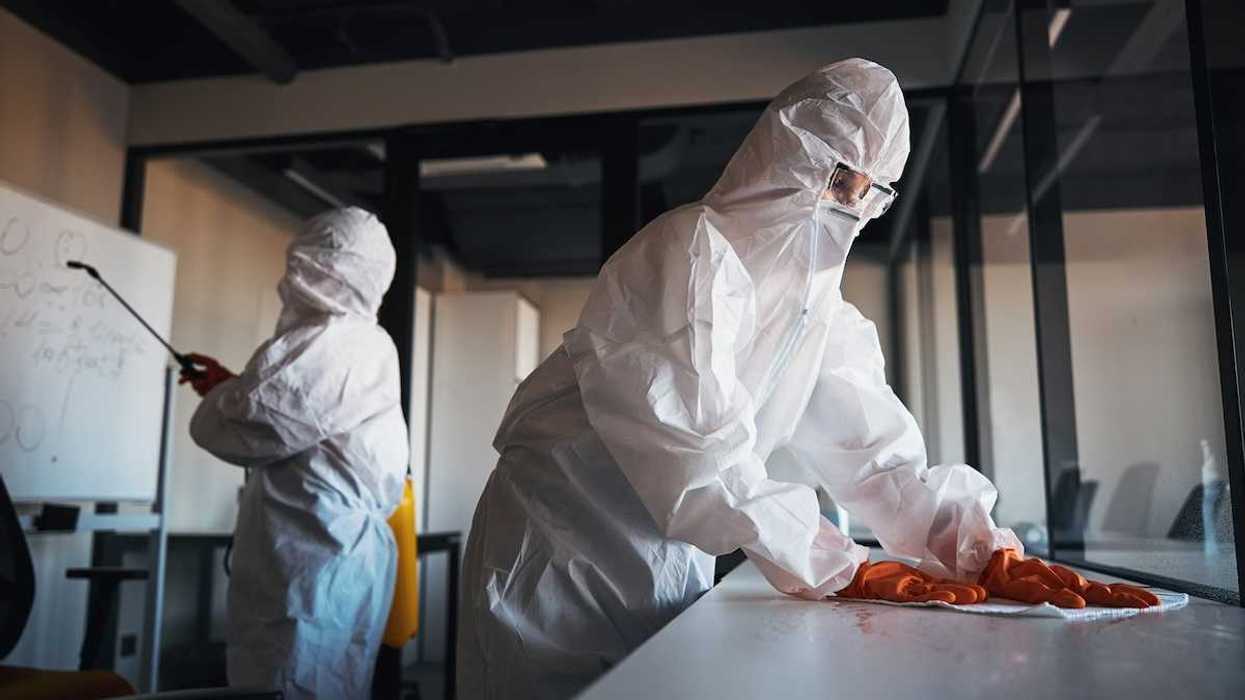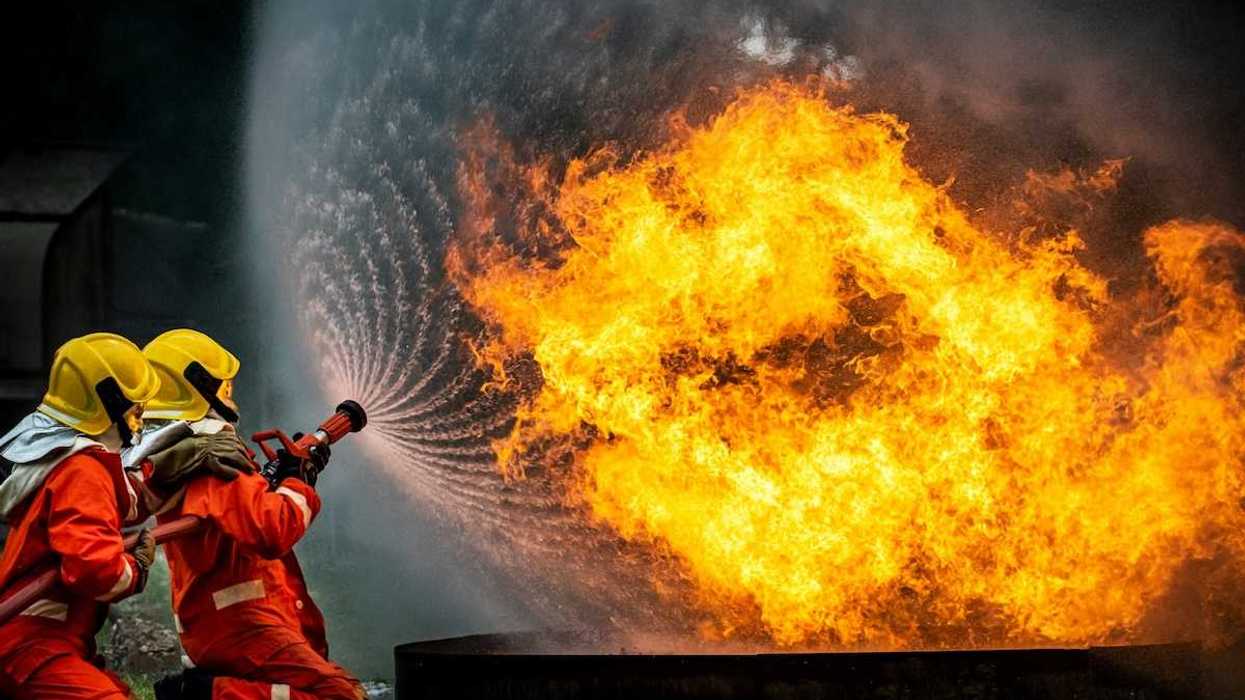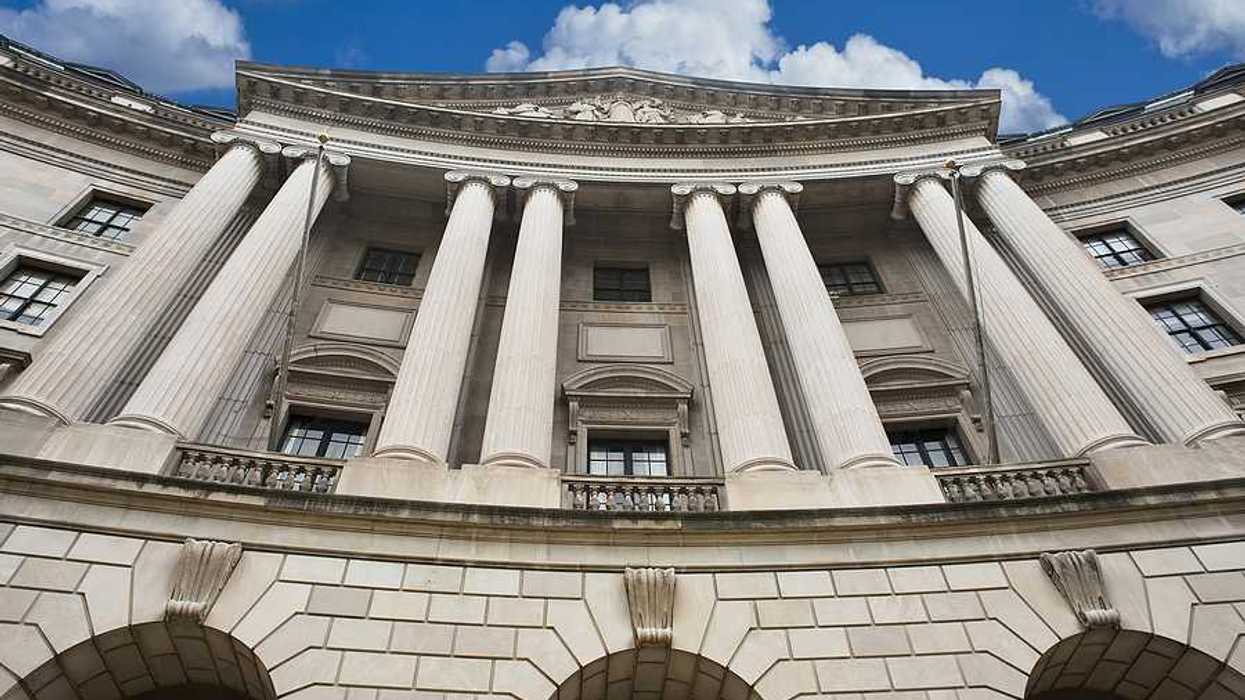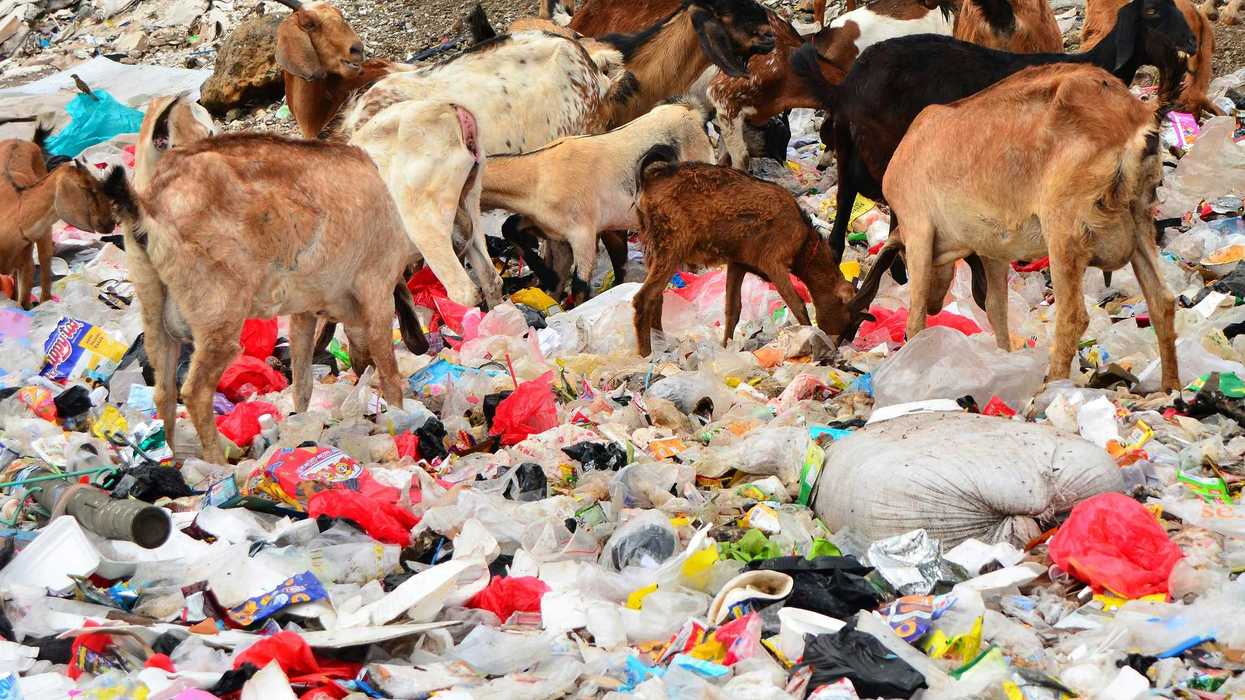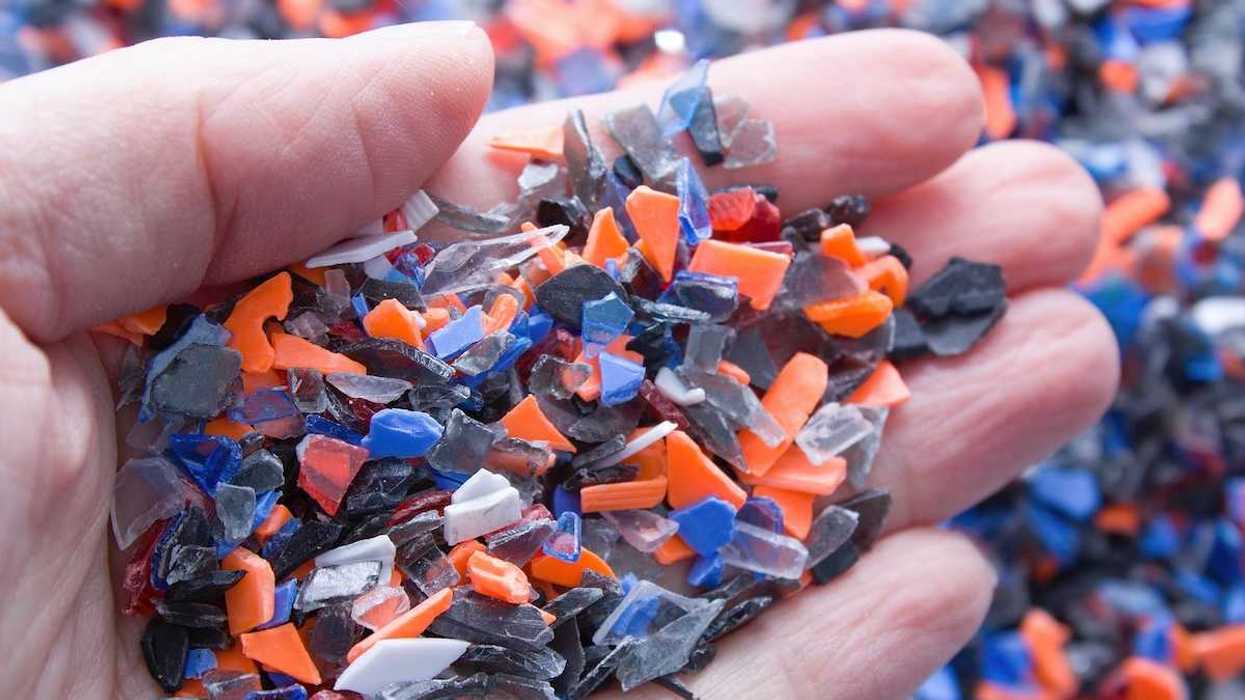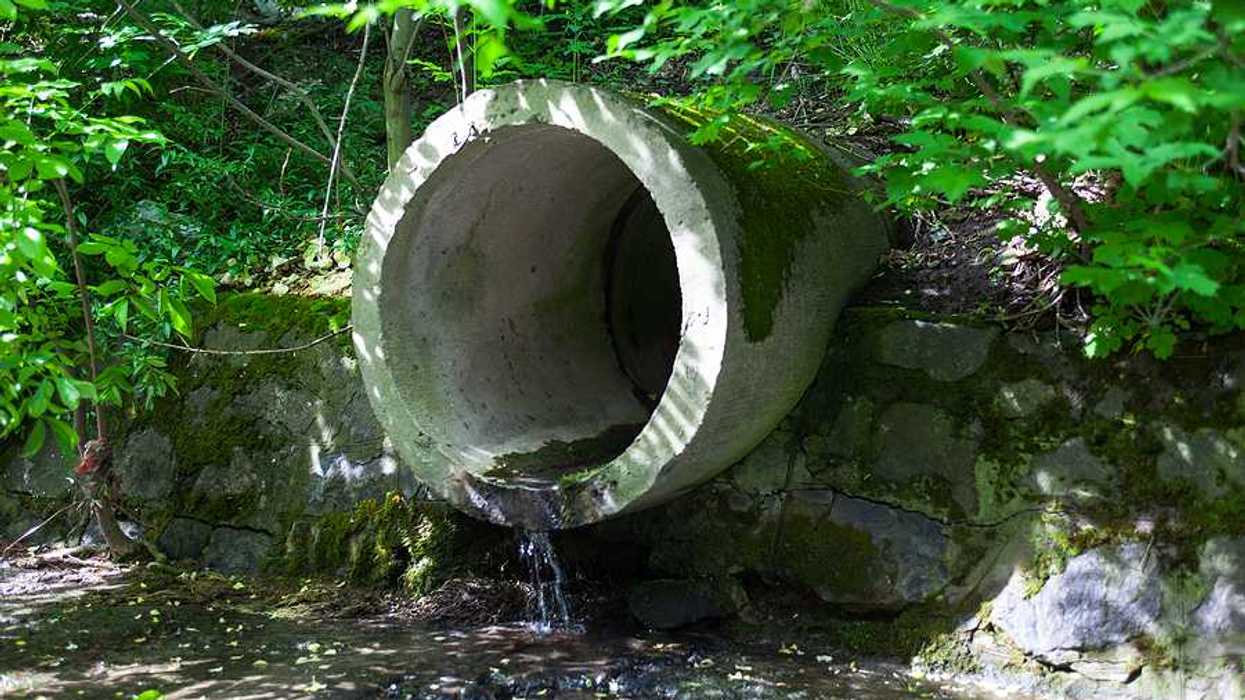Countries will reconvene in Geneva this August after failing to reach an agreement in December on a legally binding treaty to curb plastic pollution.
Valerie Volcovici reports for Reuters.
In short:
- The United Nations Environment Programme announced that a new round of plastics treaty negotiations will take place August 5-14 in Geneva, after previous talks in South Korea ended without an agreement.
- Disputes over capping plastic production, regulating chemicals, and securing financial support for developing nations stalled negotiations.
- More than 100 countries backed a proposal to reduce plastic production, but oil- and petrochemical-producing nations opposed it, pushing for a treaty without limits on production.
Why this matters:
The world is drowning in plastic. From the depths of the ocean to the peaks of remote mountains, plastic pollution has become an inescapable crisis, threatening ecosystems, wildlife, and human health. Microplastics — tiny fragments shed from bottles, bags, and synthetic fabrics — have been found in human blood, breast milk, and even the placenta, raising alarms about their long-term effects on the body.
Despite growing awareness, plastic production continues to rise at an astonishing pace. By 2060, it is expected to triple, driven by the petrochemical industry’s expansion and the persistent demand for cheap, durable materials. The result? More plastic waste in landfills, more debris in the ocean, and more carbon emissions from production and disposal.
Related EHN coverage: Op-Ed: Closing the plastic tap



